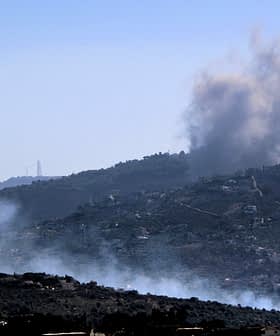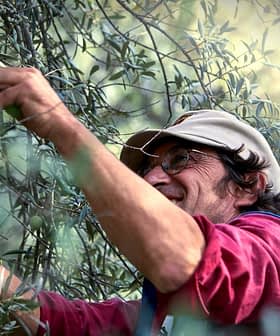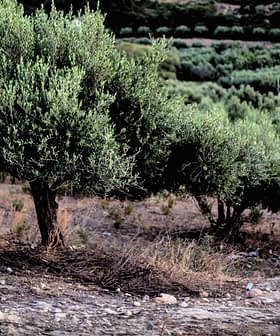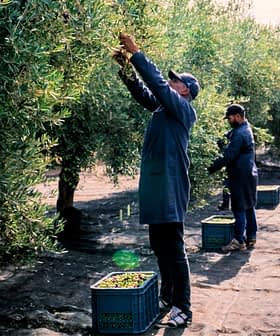The Bid to Boost Olive Oil Quality on Crete
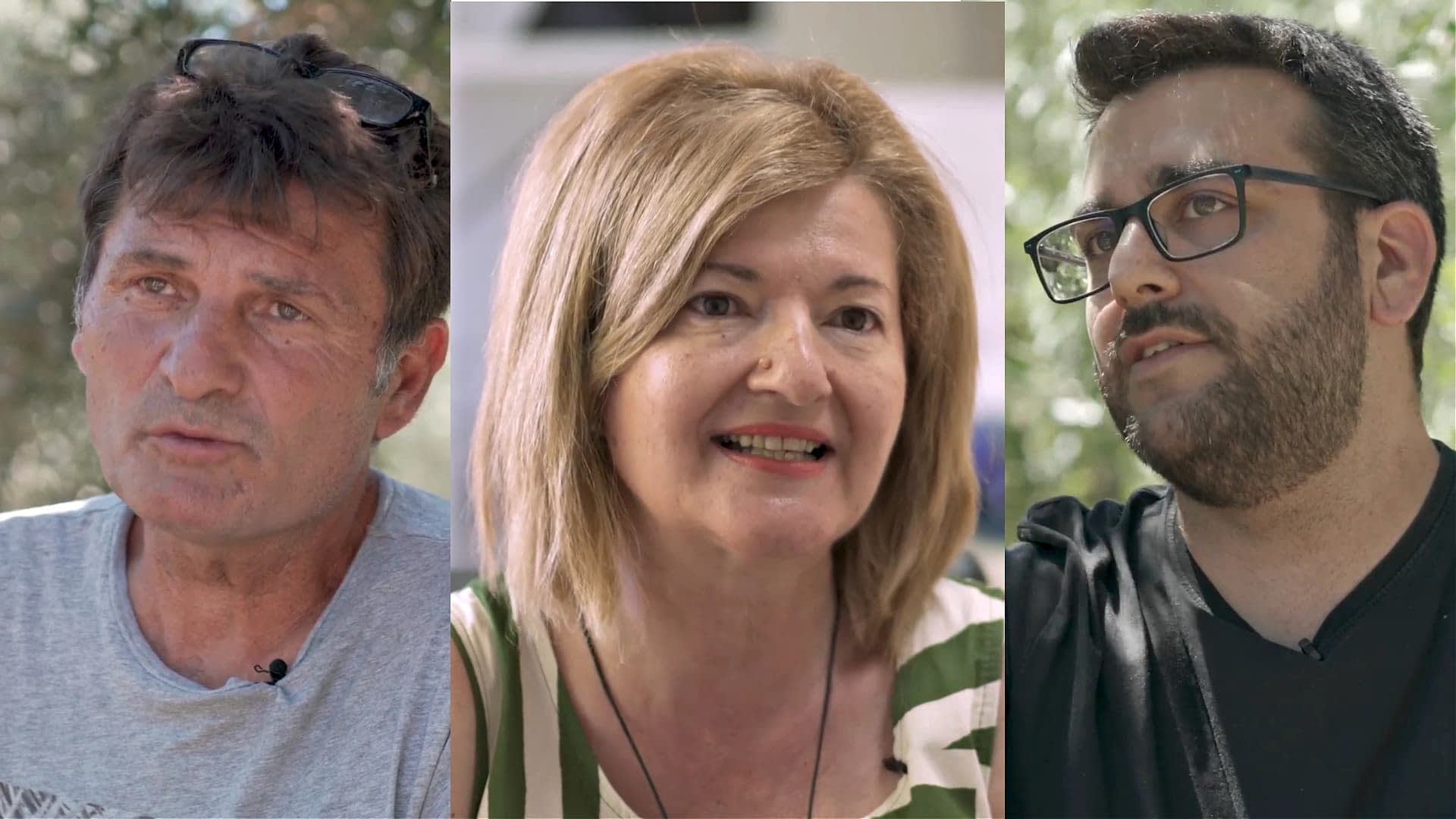
In Crete, olive growers are focusing on improving quality in their cultivation and production processes, aiming to sustain their crops and enhance the caliber of their olive oils. Efforts to enhance olive oil quality in Crete include adopting new cultivation techniques, participating in international competitions, and potentially obtaining a Protected Geographical Indication status, all of which can benefit the environment and the entire olive oil chain from farmers to consumers.
On Crete, a hub of the Greek olive oil industry, growers and producers are moving to ensure quality becomes an integral part of olive cultivation and oil production each year.
In bountiful harvest seasons, Crete produces approximately 90,000 tons of olive oil, 80 percent of which is graded as extra virgin.
If we want to go to the next level and have a better crop in terms of volume and quality, we need to implement new rules.
Producer prices hover around €3.50 per kilogram of extra virgin olive oil, similar to the average prices at origin in most producing areas of Greece.
According to industry professionals, Cretan olive growers are starting to adopt a more comprehensive approach to olive cultivation than in the past, with the goal of improving quality.
See Also:Award Winners in Greece Discuss a Feverish Season Before a Bountiful Harvest“The growers now know why they do something in the field and when is the right time to do it,” agronomist Antonis Marakakis said. “In traditional cultivation, they might just be ill-advised by the elders to do something without really knowing why.”
Cretan farmers have embraced the need to introduce new methods into their farming operations to sustain their crops and improve the caliber of their olive oils.
“We are focused on quality, and we better manage work in the field to achieve sustainability,” farmer Nikos Koukouvotakis said. “We cautiously use fertilizers and prune the olive trees.”
“We want to move on to modern cultivation techniques with the guidance of experienced and competent experts of the sector,” he added.
For Emmanouil Karpadakis, the marketing manager at Terra Creta, a producer and bottler on the western side of Crete near Chania, making headway in the industry is linked to innovation.
“If we want to go to the next level and have a better crop in terms of volume and quality, we need to implement new rules,” Karpadakis said. “The research that has been done on the quality of olive oil and its ingredients such as the phenolic compounds can provide the guidelines to change our approach to cultivating [olive trees] and extracting [olive oil].”

Emmanouil Karpadakis
Olive oil producers from all the island’s regions have also applied for a Protected Geographical Indication (PGI) status for the name Κρήτη/Kriti.
Should the European Commission register Cretan olive oil as a PGI, Cretan producers will effectively be able to market their olive oil under a standard European Union quality label with extra added value.
However, factors that can profoundly affect the quality of olive oil, such as adverse weather conditions and the occurrence of the olive fruit fly, remain a threat to all the olive oil-producing territories of Greece, including Crete.
In 2021, the unnaturally warm and dry summer that preceded the harvesting season in Crete dried out the olive drupes in some areas of the island, impacting the aroma and flavor profile of the olive oils produced in these areas.
On the other hand, international olive oil competitions offer yet another way to elevate quality, industry experts pointed out.
“In recent years, producers from Crete have been increasingly participating and winning in competitions around the world,” said Eleftheria Germanaki, an agronomist and panel supervisor of the olive oil organoleptic laboratory of Crete who also serves as a member of the NYIOOC panel of judges.
See Also:The Best Olive Oils from Greece“Year after year, the producers are encouraged to enter more competitions worldwide which ultimately favors quality,” she added. “However, anxiety about the future continues to exist. Production costs are on the rise, and the shortages in the labor force able to work in the fields are progressively becoming worse.”
Karpadakis said that efforts to improve olive oil quality also have a beneficial spillover effect on the environment.
“[Better olive oil quality] also means better environment, because when you work with the farmers, you can guide them on how to treat the trees in a more environmentally-friendly way, how to reduce the input for the soil and you can give them incentives to achieve better quality,” he said.
Karpadakis added that a joint endeavor to promote olive oil quality benefits the whole olive oil chain – farmers, producers, bottlers and distributors – and ultimately benefits the consumers “because they find quality, authenticity and safety in the product they buy.”


